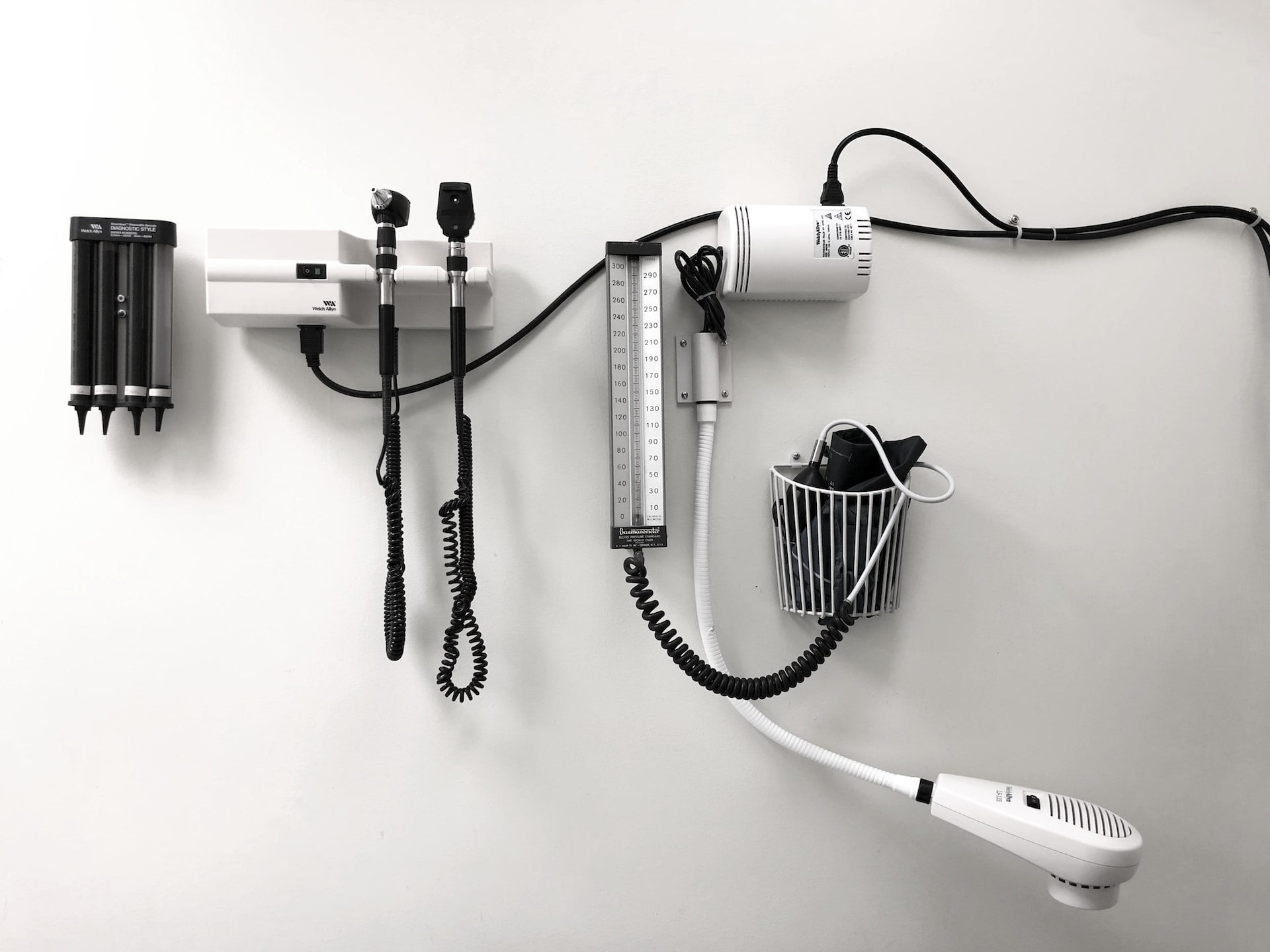Healthcare

Revolutionizing Healthcare Delivery
The “Healthcare Innovation Navigator” is a crucial resource for healthcare industries. It offers insights into the latest innovations, technologies, and best practices shaping the future of healthcare. This guide equips healthcare professionals to navigate the evolving landscape and deliver improved patient care.
Transforming Healthcare Solutions
Discover the transformative power of “Transforming Healthcare Solutions.” This resource explores groundbreaking approaches, technologies, and strategies that are reshaping healthcare delivery. Learn how to enhance patient outcomes, optimize operations, and drive innovation in the healthcare industry.

Healthcare: Your Path to Wellness and Quality of Life
Healthcare is an integral part of our lives, impacting our well-being, quality of life, and peace of mind. It encompasses a wide range of services and professionals dedicated to promoting and maintaining health. In this article, we’ll explore the significance of healthcare and how it plays a central role in our quest for wellness and a high quality of life.
Access to Quality Healthcare
Access to quality healthcare is a fundamental right that ensures individuals can receive the medical attention and support they need to maintain and improve their health. Whether it’s preventive care, diagnostic services, or treatment for illness and injuries, healthcare is the cornerstone of a thriving society.
Quality healthcare encompasses a range of services, from primary care provided by general practitioners to specialized care offered by experts in fields such as cardiology, oncology, and pediatrics. Access to a robust network of healthcare providers is essential for addressing a diverse array of health concerns.
Preventive Healthcare
Preventive healthcare is a cornerstone of a proactive approach to well-being. Routine check-ups, vaccinations, and screenings are integral to identifying health issues at an early stage. Timely preventive measures can lead to more effective treatments and a higher chance of full recovery.
Healthcare professionals guide patients in adopting healthy lifestyles and behaviors that reduce the risk of chronic illnesses. Advice on nutrition, exercise, and stress management is vital in preventing conditions like heart disease, diabetes, and obesity.
Diagnostic and Treatment Services
When health concerns arise, diagnostic services play a critical role in identifying the cause of symptoms. Healthcare providers utilize various diagnostic tools, from imaging technologies like X-rays and MRI scans to blood tests and genetic analysis, to determine the nature and extent of medical issues.
Following a diagnosis, treatment options are explored. These may include medications, surgeries, physical therapy, or other interventions tailored to the specific condition. The expertise of healthcare professionals ensures that patients receive the most suitable and effective treatments.
Emergency and Urgent Care
Health emergencies can occur at any time, making emergency and urgent care services an essential part of healthcare. Whether it’s a sudden injury, severe illness, or complications from a chronic condition, prompt medical attention can be life-saving.
Emergency departments, urgent care centers, and mobile healthcare services provide immediate assistance, stabilizing patients and ensuring they receive the necessary care. Quick access to emergency services is crucial for minimizing the impact of unexpected health crises.
Mental Health and Well-Being
In recent years, the importance of mental health has gained significant recognition within the healthcare landscape. Mental health services and professionals help individuals cope with stress, anxiety, depression, and other psychological challenges.
Mental health care includes therapy, counseling, and medication when needed. This aspect of healthcare is vital in addressing the emotional and psychological well-being of individuals, promoting a holistic approach to health and wellness.
Long-Term and Chronic Care
Healthcare extends to the management of chronic conditions and long-term care needs. For individuals with conditions like diabetes, heart disease, or cancer, ongoing treatment and support are essential. Healthcare professionals provide guidance on managing these conditions, monitoring progress, and making necessary adjustments to treatment plans.
Long-term care also encompasses services for the elderly and individuals with disabilities who may require assistance with daily activities. Nursing homes, assisted living facilities, and home healthcare services are available to ensure the well-being and comfort of those who need them.
Pharmaceutical Services
Pharmaceutical services play a crucial role in healthcare, ensuring that patients receive the necessary medications to manage their conditions and improve their health. Pharmacists play an essential role in medication management, offering guidance on dosage, potential side effects, and interactions with other medications.
Pharmaceutical research and development lead to the discovery of new medications and treatments that can address a wide range of health issues. The healthcare industry continually evolves as pharmaceutical innovations expand the possibilities for effective care.
Healthcare Infrastructure and Technology
Healthcare is intertwined with cutting-edge technology and infrastructure. Hospitals, clinics, laboratories, and healthcare facilities are equipped with advanced equipment and systems to deliver the highest standard of care.
Information technology is instrumental in healthcare, facilitating electronic health records, telemedicine services, and efficient patient management. Technology streamlines the healthcare process, improves diagnosis and treatment, and enhances the patient experience.
Patient-Centered Approach
Modern healthcare emphasizes a patient-centered approach, placing the individual at the heart of healthcare decisions. This approach recognizes that each patient is unique, with specific needs, preferences, and circumstances.
Healthcare professionals work closely with patients to develop personalized treatment plans and strategies. Informed consent, shared decision-making, and open communication ensure that patients actively participate in their healthcare journey.
The Future of Healthcare
As healthcare continues to evolve, new challenges and opportunities arise. Advancements in telemedicine, genetic therapies, and artificial intelligence promise to shape the future of healthcare. The integration of technology and data analysis will play a pivotal role in improving patient outcomes, optimizing treatments, and expanding access to healthcare services.
In addition to technological advancements, healthcare will also focus on addressing disparities in access to care, reducing healthcare costs, and maintaining high standards of quality and safety.
